
OR
Comprehensive policy for benefit-sharing needed: Report
Published On: June 28, 2016 11:00 AM NPT By: Republica | @RepublicaNepal
KATHMANDU, June 28: Hydropower sector is in need of a more comprehensive policy framework addressing the concerns of all stakeholders in terms of sharing of benefits, a research report unveiled in Kathmandu on Monday states.
Though the innovative practices of benefit-sharing by hydropower developers are laudable, they expose unnecessary risks leading to a perverse incentive model, the report titled 'Benefit Sharing and Sustainable Hydropower in Nepal' prepared jointly by ICIMOD and niti Foundation reads.
The report further states that chronic governance failure, including the lack of elected local government, remains a significant impediment to implementation of benefits announced by hydropower developers.
Government royalty, which is later distributed to local community through local bodies, equity shares offered to local communities, supporting local livelihoods, community development, and environment enhancement-related programs are the five benefit-sharing modalities that hydropower developers have applied while developing projects, according to the report.
The royalty mechanism is the only formalized benefit-sharing policy in Nepal's hydropower sector," the report states. But there is lack of clarity in redistribution of royalty in project-affected areas. Uneven distribution of royalty, in case the project is located in two or more districts, often creates problems, according to the report.
The study covered 18 hydropower projects of different sizes, ownership types, and under different stage of development across the country. Thirteen of them are already generating hydropower.
The report states that offering equity shares to project-affected locals is a rather unique and innovative mechanism designed in response to the pronounced demand from locals to own shares in hydropower projects.
Speaking at report launching event, Subarna Das Shrestha, promoter of Sanima Mai Hydropower Project (22 MW), said that they offered shares to project-affected locals along with providing information on financial literacy.
Making a presentation on 'Equity Shares in Hydropower Projects: Key Findings', Austin Lord, an independent consultant, said that demand for shares is ballooning in recent years“ "But those, who are demanding shares, lack financial literacy. They should be imparted financial training for informed choice opportunit”," he added.
The report also states that the practice of offering equity shares has become a means of aligning incentives among stakeholders to avoid costly conflicts and contestations.
But the growing demand for shares is adding burden on hydropower developer, experts say. Water resources expert Dipak Gyawali termed it a disastrous model.
However, Rewat Bahadur Karki, chairman of Securities Board of Nepal, has said the modality helps to mobilize capital in hydropower development which is essential for Nepal.
The third type of benefit-sharing model supports local livelihoods through employment and trainings. "But most of local recruitment is typically unskilled and casual labor which is hired through project contractors. Allocation of these jobs often depends on existing socio- political hierarchies," the report added.
The fourth type of benefit-sharing modality is community development though investments in local infrastructures, community electrification and water-related benefits. These activities are being carried out as a means of gaining social acceptability, according to the report.
Benefits related to environmental enhancement is the other modality adopted by hydropower developers“ "It focuses on compliance with formal requirements as per the law of land. But developers do not go beyond mitigation efforts to improve or enhance the environmental conditions to the point where they could be classified as benefit”," the report added.
You May Like This

Govt forming expert panel to make comprehensive review of foreign policy
KATHMANDU, Dec 5: The government has initiated a process to form an expert panel comprising of former diplomats and thematic experts... Read More...

WB report recommends four ‘policy levers’ to boost productivity, competitiveness of South Asia
WASHINGTON DC, Oct 7: South Asia can become the next manufacturing and export powerhouse if it increases the competitiveness, according... Read More...
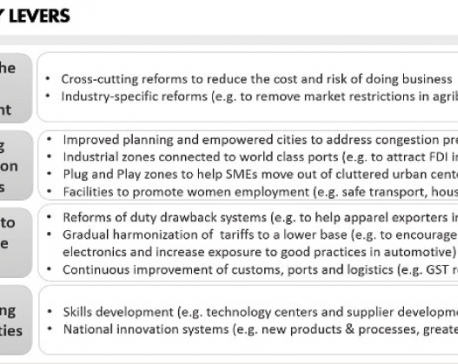
Four policy levers recommended to boost S Asia’s competitiveness
WASHINGTON, Oct 7: South Asia can become the next manufacturing and export powerhouse if it increases the competitiveness, according to a... Read More...

Just In
- Relatives of a patient who died at Karnali Provincial Hospital 6 days ago refuse body, demand action against doctor
- Khatiwada appointed as vice chairman of Gandaki Province Policy and Planning Commission
- China's economy grew 5.3% in first quarter, beating expectations
- Nepal-Bangladesh foreign office consultations taking place tomorrow
- Kathmandu once again ranked as world’s second most-polluted city
- PHC endorses Raya as Auditor General
- PM Dahal and ex-PM Khanal meet
- Revised report on job specification submitted to PM



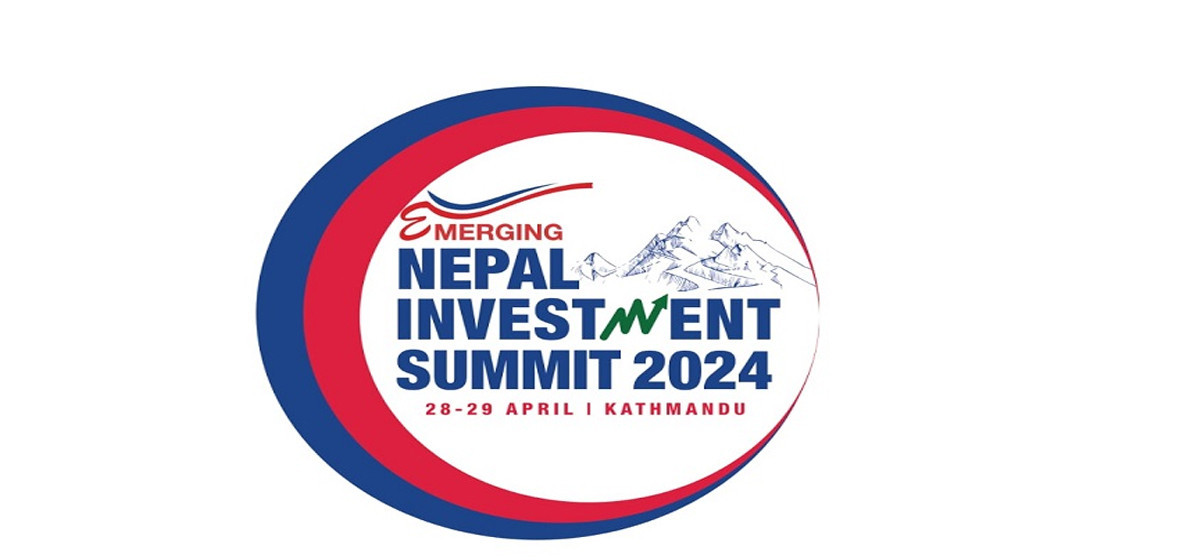
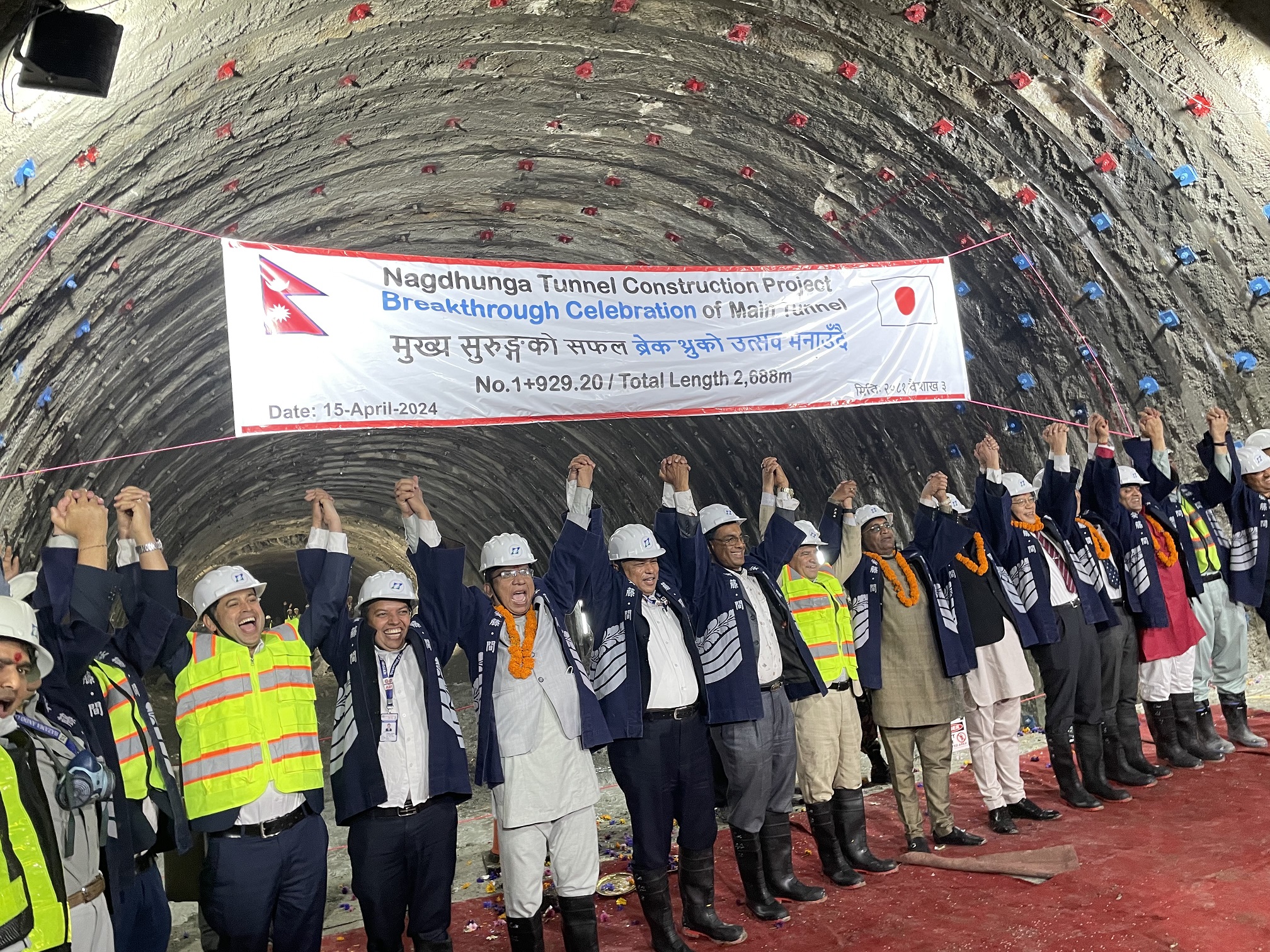



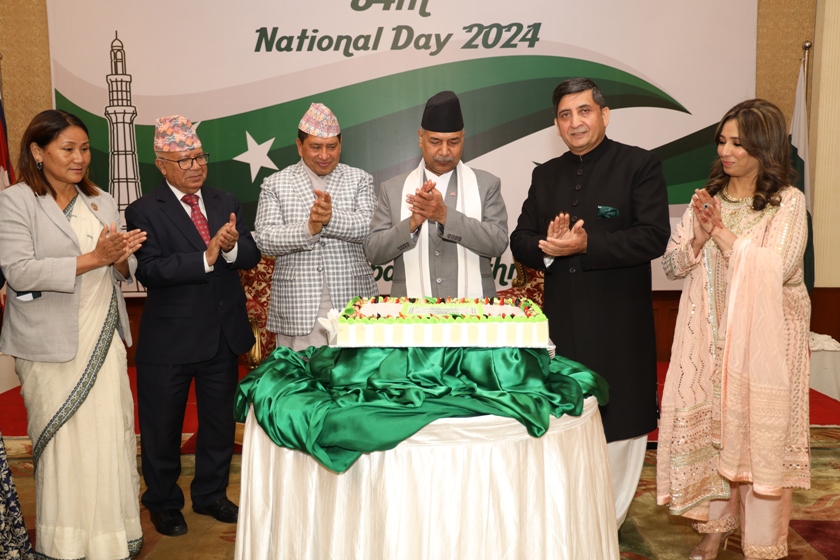

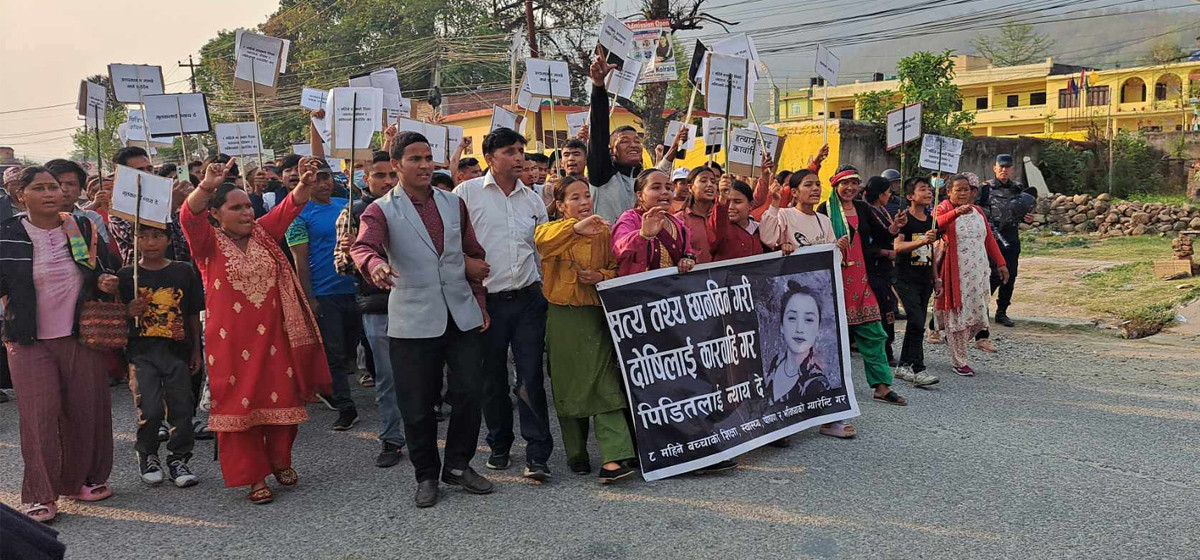
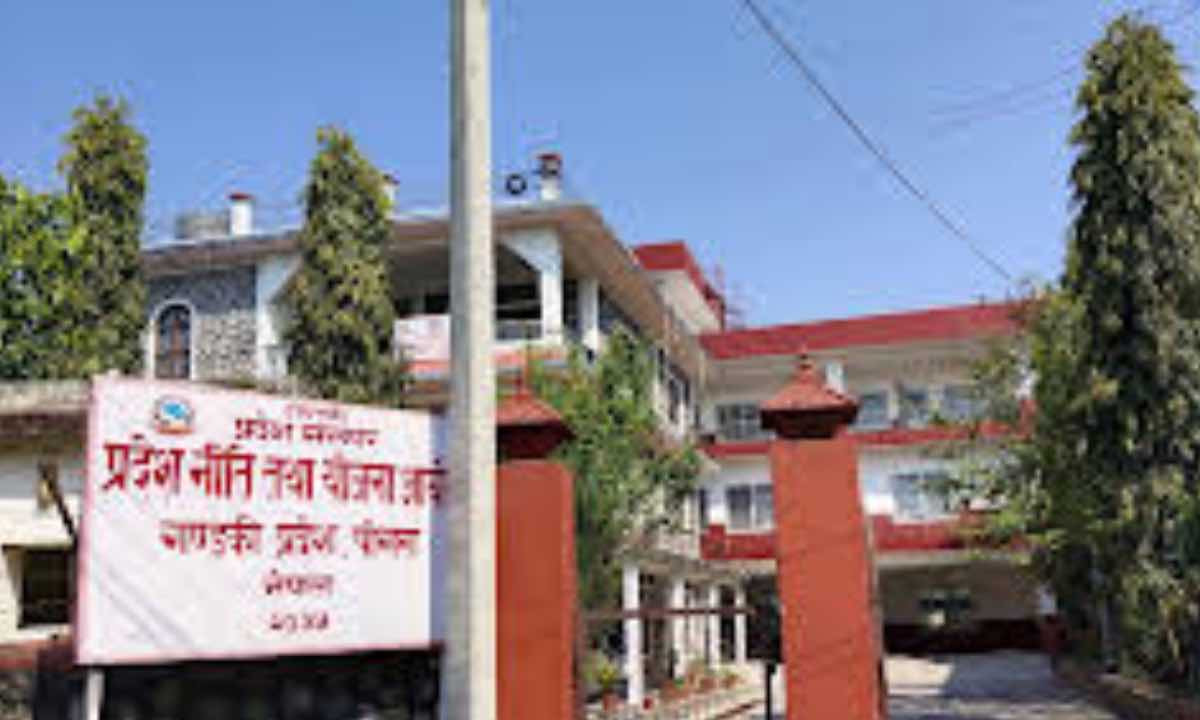

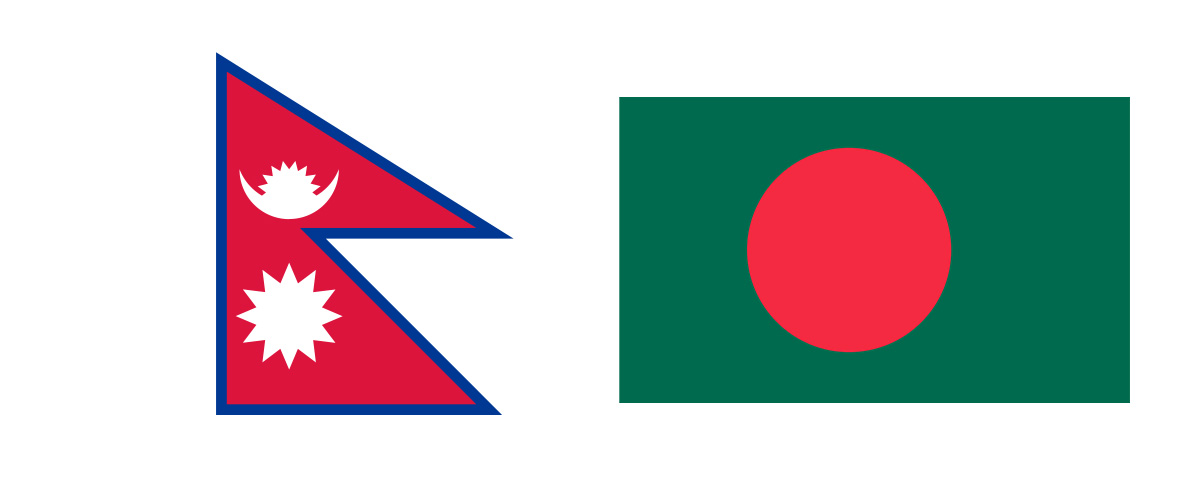

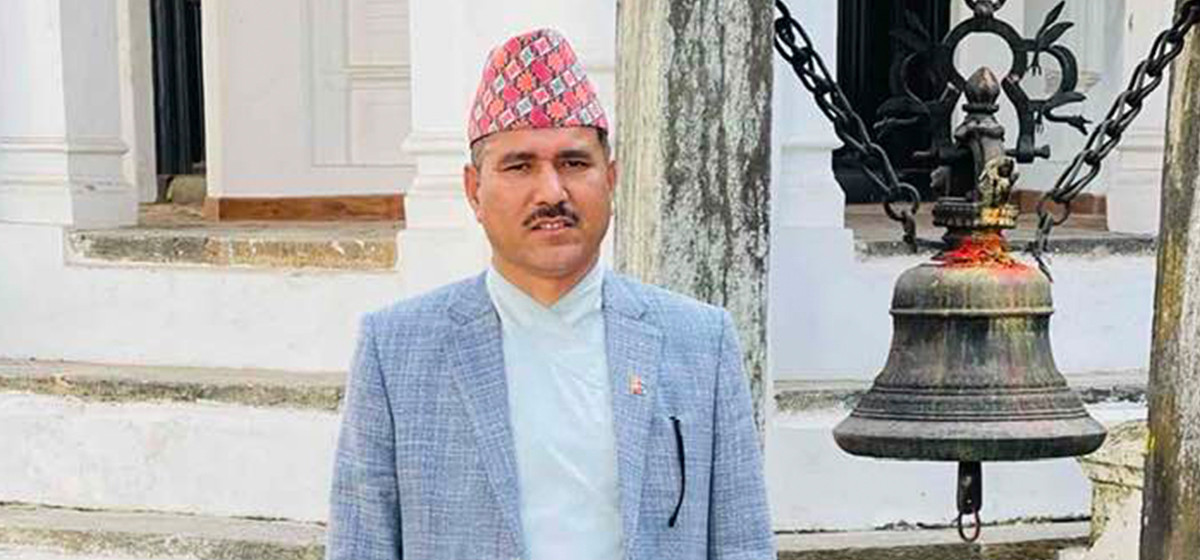
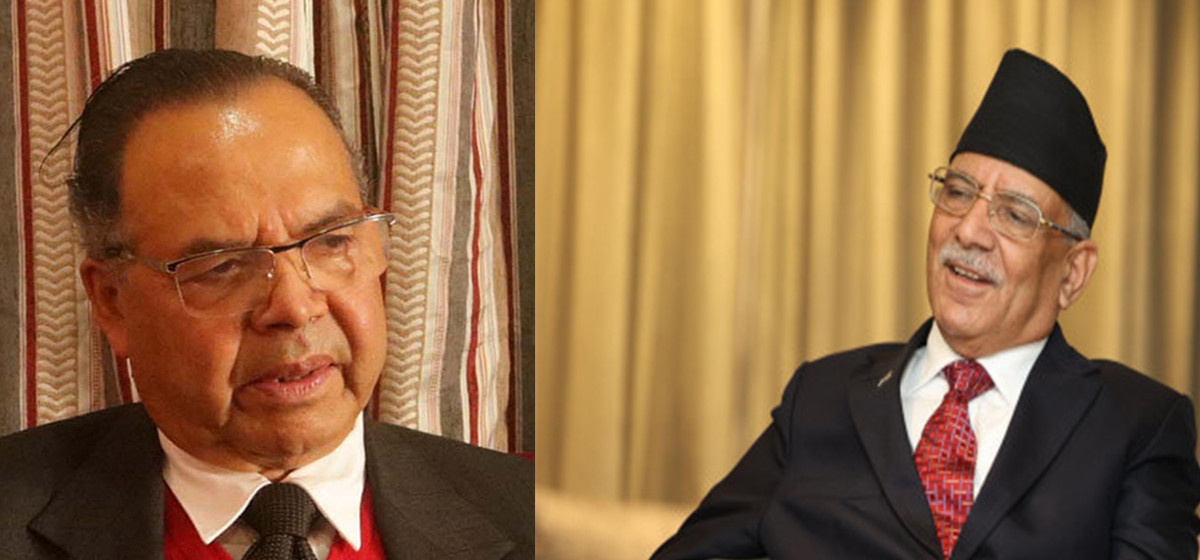
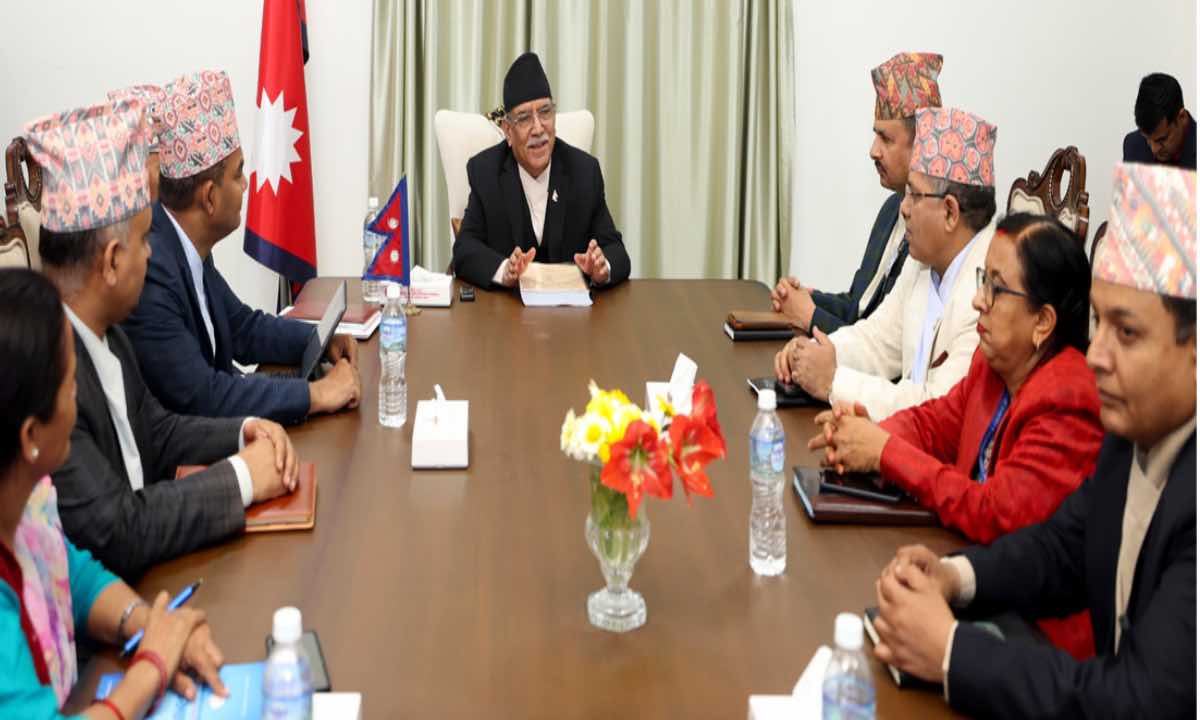
Leave A Comment